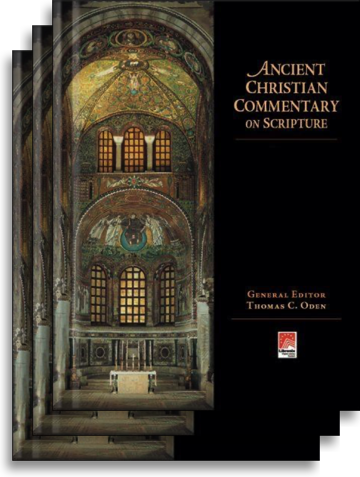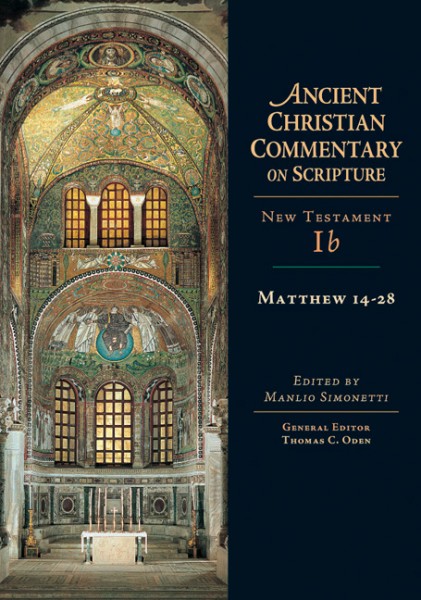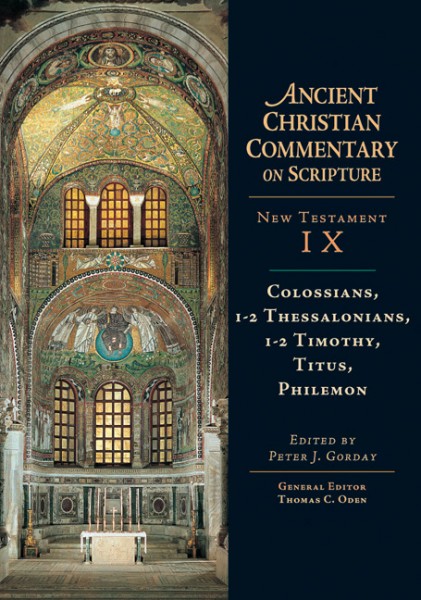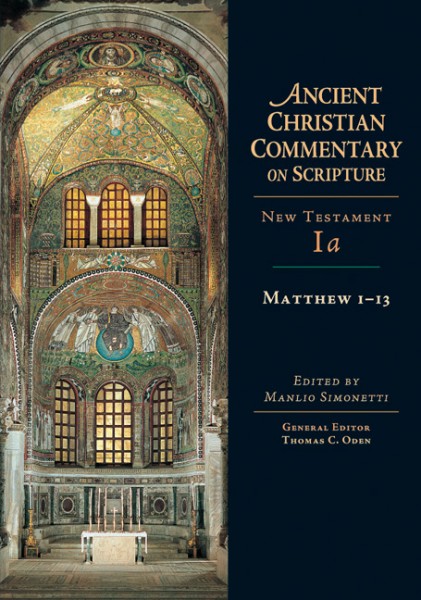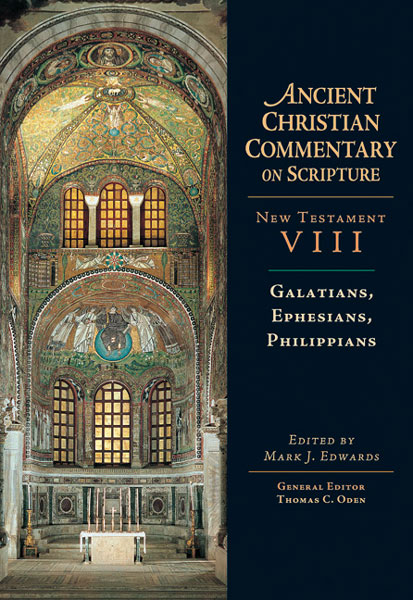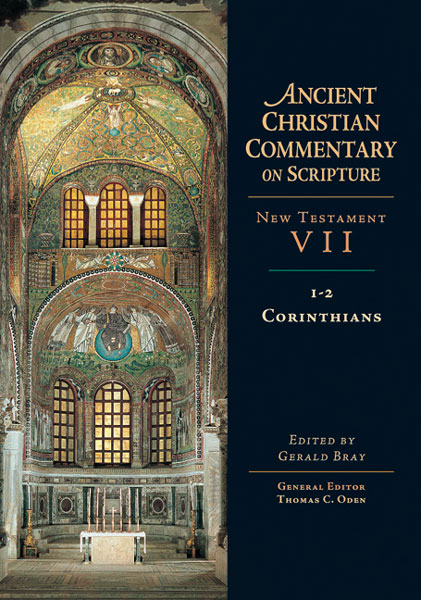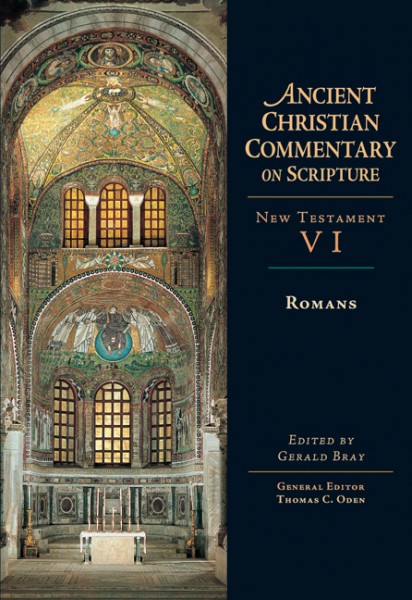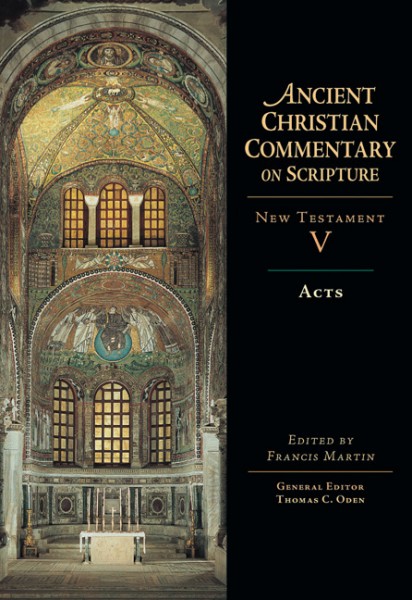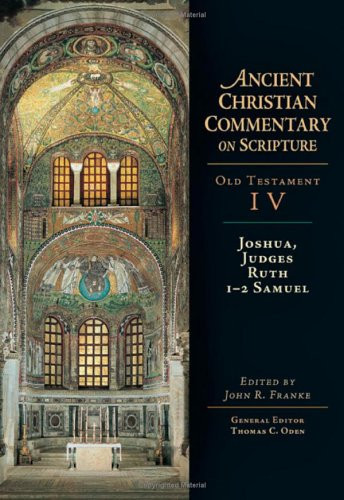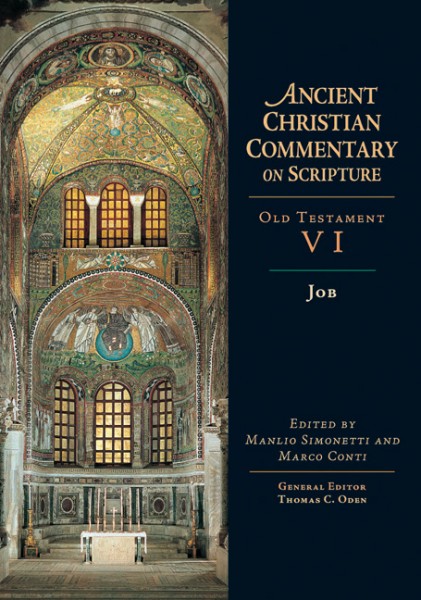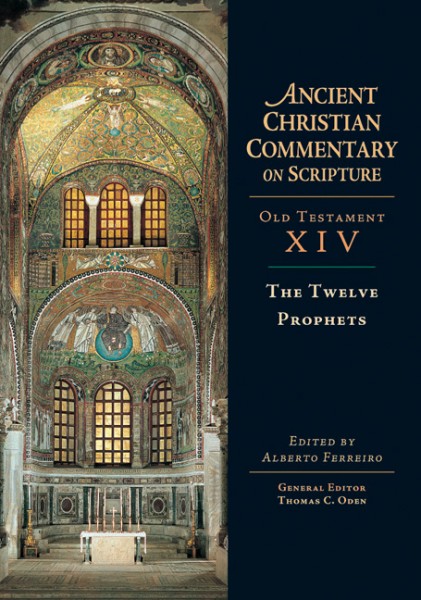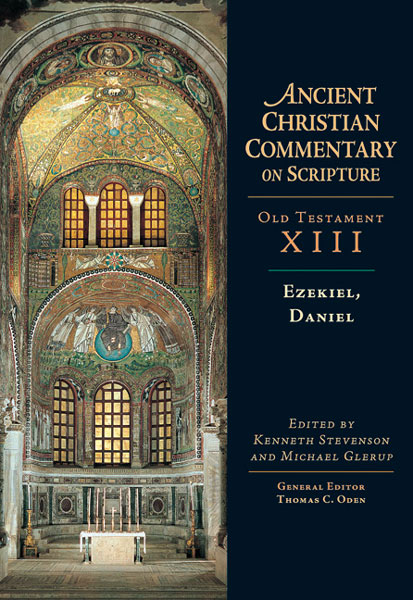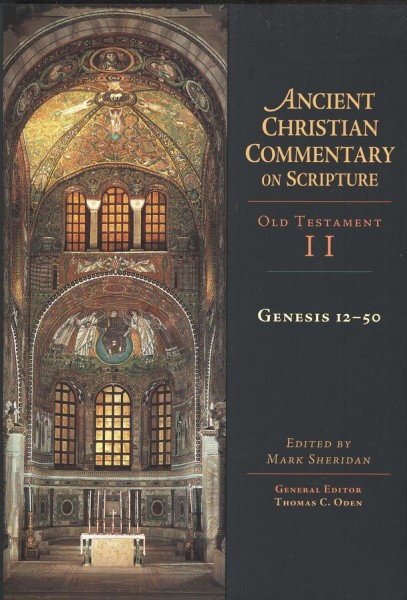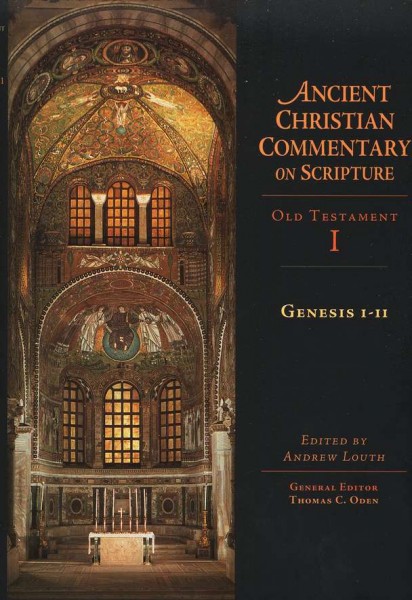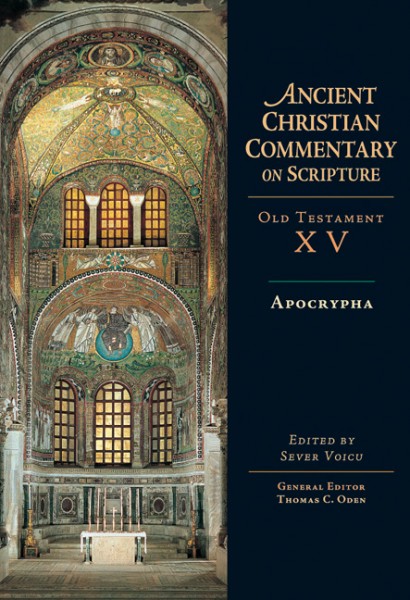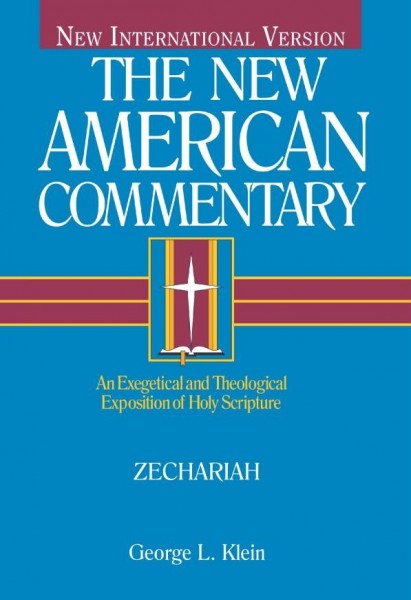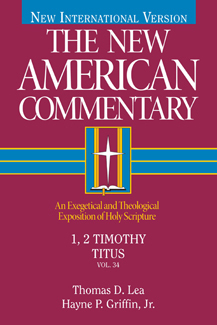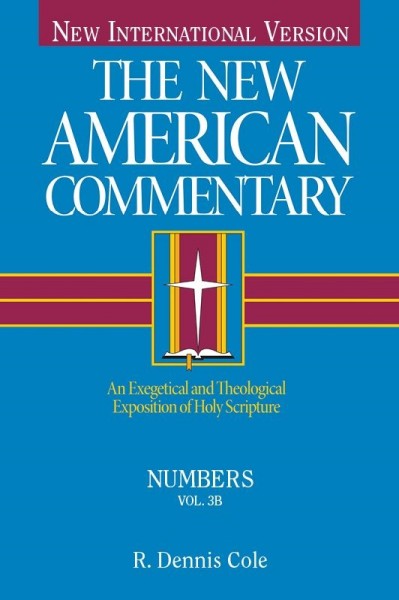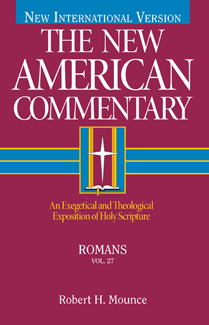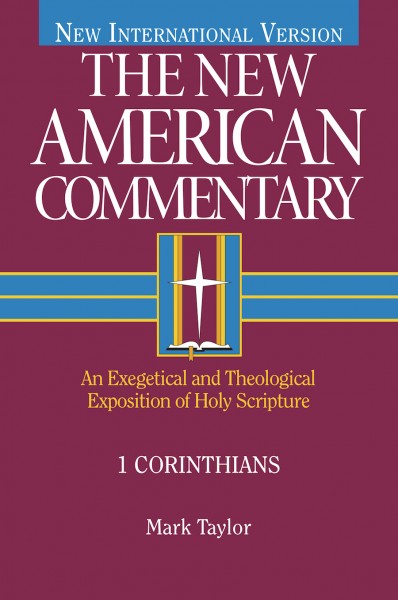

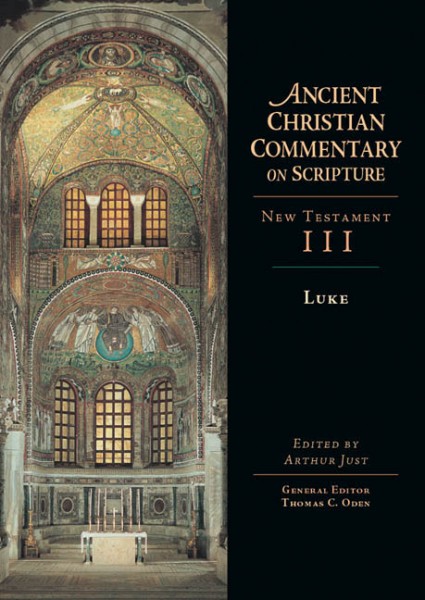

The Ancient Christian Commentary on Scripture does what very few of today's students of the Bible could do for themselves. With the aid of computer technology, the vast array of writings from the church fathers—including much that is available only in the ancient languages—have been combed for their comment on Scripture. From these results, scholars with a deep knowledge of the fathers and a heart for the church have hand-selected material for each volume, shaping, annotating and introducing it to today's readers. Each portion of commentary has been chosen for its salient insight, its rhetorical power and its faithful representation of the consensual exegesis of the early church.
The Ancient Christian Commentary on Scripture is an ecumenical project, promoting a vital link of communication between the varied Christian traditions of today and their common ancient ancestors in the faith. On this shared ground, we listen as leading pastoral theologians of seven centuries gather around the text of Scripture and offer their best theological, spiritual and pastoral insights.
Today the historical-critical method of interpretation has nearly exhausted its claim on the biblical text and on the church. In its wake there is a widespread yearning among Christian individuals and communities for the wholesome, the deep and the enduring. The Ancient Christian Commentary on Scripture does not seek to replace those excellent commentaries that have been produced in the twentieth century. Rather, it supplements them, framing them with interpretive voices that have long sustained the church and only recently have fallen silent. It invites us to listen with appreciative ears and sympathetic minds as our ancient ancestors in the faith describe and interpret the scriptural vistas as they see them.
The Ancient Christian Commentary on Scripture is a postcritical revival of the early commentary tradition known as the glossa ordinaria, a text artfully elaborated with ancient and authoritative reflections and insights. An uncommon companion for theological interpretation, spiritual reading, and wholesome teaching and preaching.
About the Luke volume:
For the church fathers the Gospels did not serve as resources for individual analysis and academic study. They were read and heard and interpreted within the worshiping community. They served as sources for pastoral counsel and admonition for those who were committed to the Way. Although Matthew and John were generally the preferred Gospels, Luke, because of his particular interests and unique contributions, took pride of place during the Christmas season as well as during Easter and other major feasts.
During the early patristic period, the tradition of continuous reading (lectio continua) through the Gospels developed, such that over a course of time a complete Gospel was read in sections, and sermons were preached on the readings either at weekly or midweek worship and Communion liturgies or during morning and evening prayer services. Among such sermons that have survived, this commentary includes selections from Origen and Cyril of Alexandria.
Aside from sermons, we find that the fathers addressed exegetical issues in theological treatises, pastoral letters and catechetical lectures. Among these, as in other ACCS volumes, readers will find materials ranging from East to West and from the first to the eighth centuries. Among well-known fathers cited are Ambrose, Athanasius, Augustine, the Cappadocians, John Chrysostom, John of Damascus and Bede the Venerable. Among lesser-known fathers are John Cassian, Philoxenus of Mabbug and Theophylact.
This volume, edited by Arthur A. Just, opens up a treasure house of ancient wisdom that allows these faithful witnesses, some appearing here in English translation for the first time, to speak with eloquence and intellectual acumen to the church today.
